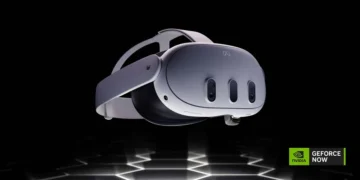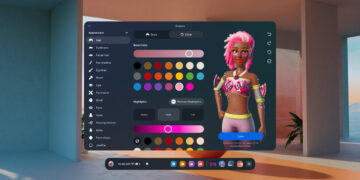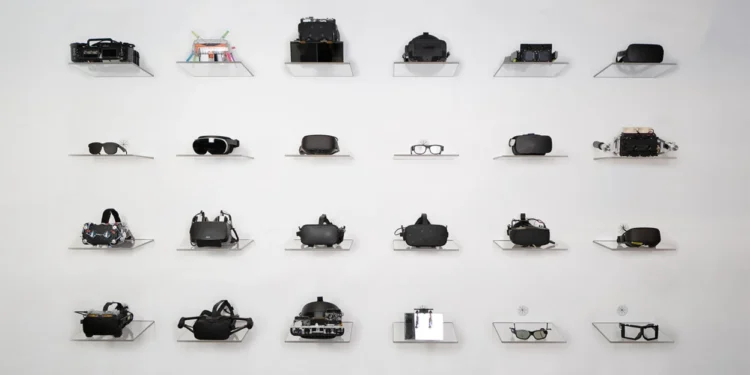Meta, the parent company of Facebook, has recently announced the cancellation of its Project Cardiff, which was likely to be released under the name Meta Quest Plus.
Alex Heath, a renowned technology journalist, recently reported in Command-Line about the latest news regarding Meta’s decision to halt the development of Project Cardiff.
This project was likely to be the Meta Quest Plus, a mid-range VR/AR headset that would have been priced between the standard Quest and Quest Pro. However, Quest Plus was canceled due to Meta’s current budget cuts.
Interestingly, John Carmack, a famous game developer, tweeted that the cancellation of projects with low chances of success in the VR/AR market may be a good sign for Meta. This move can help prevent the waste of resources in the industry.
Cancelation of Cardiff and Hermosa – What it means for product roadmap?
In 2022, Meta’s product roadmap was revealed, which includes the following releases:
- Project Cambria (Meta Quest Pro) in 2022,
- Project Stinson (Meta Quest 3) in 2023,
- Project Cardiff (Meta Quest Plus) in 2024,
- Project Funston (Meta Quest Pro 2) also in 2024.
According to Heath, Meta has canceled two projects: Cardiff (Quest Plus) and Hermosa (an unknown product). He also reports that Reality Labs leaders will soon meet at Meta’s Menlo Park HQ to discuss a new product roadmap following the cancellation of these projects. It is noteworthy that the title of the meeting is “Must go faster”, which is interesting.
Meta is likely to focus on their upcoming flagship products, including the Meta Quest 3 (code-named Stinson) in 2023 which we already have a lot of information about, and the Meta Quest Pro 2 (code-named Funston) in 2024.
What about VR Industry?
The cancellation of Project Cardiff may not have a significant impact on the VR market as the demand for a product only slightly better than the Meta Quest 3 may not be substantial enough to justify its development.
Nevertheless, it is essential to remember that the VR/AR industry is still in its early stages, and companies like Meta are likely to continue experimenting and innovating in the years to come. As we look forward to the upcoming releases from Meta and other industry players, we can expect exciting new possibilities for virtual and augmented reality experiences.


































